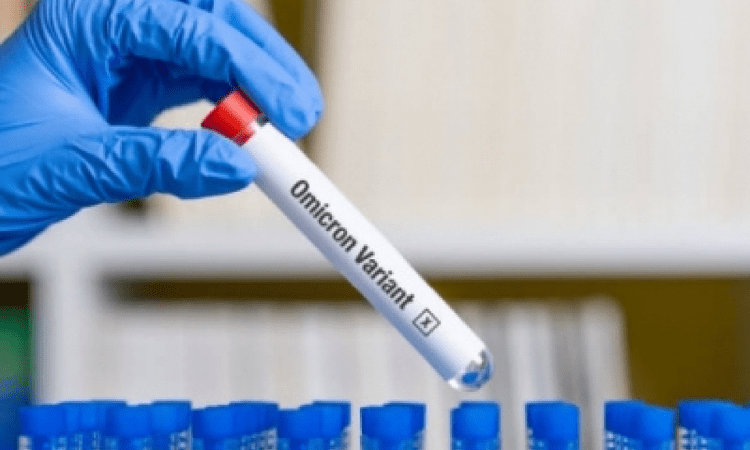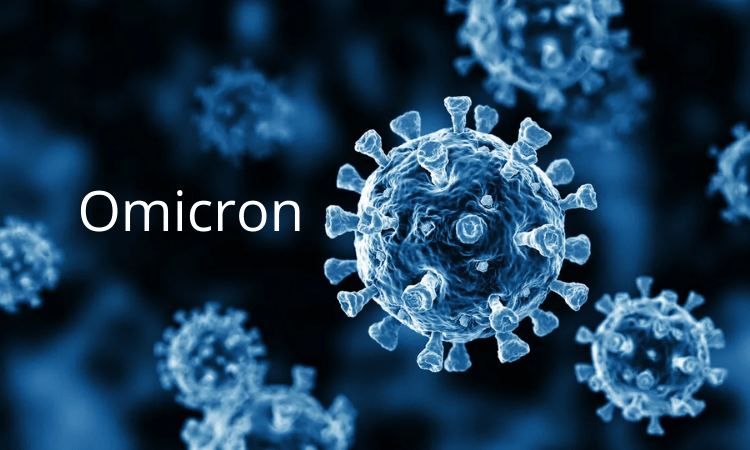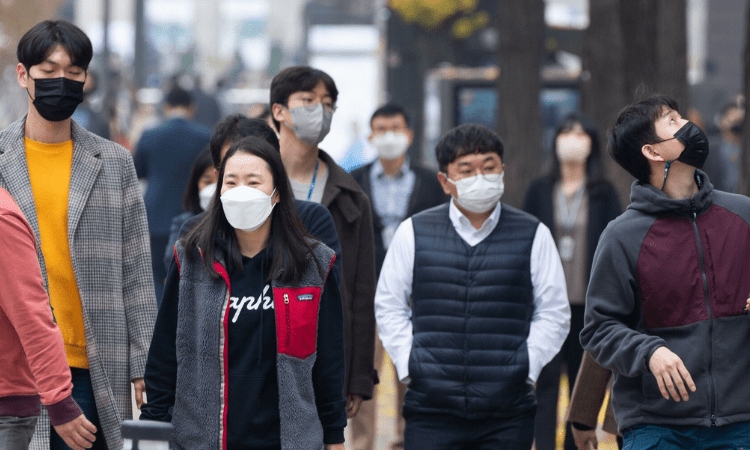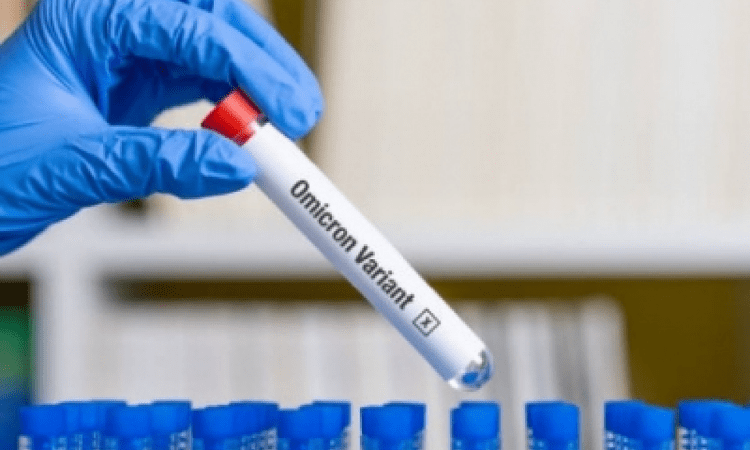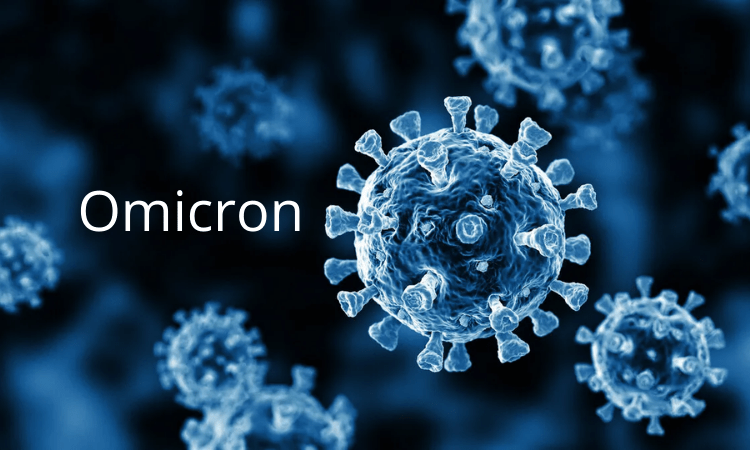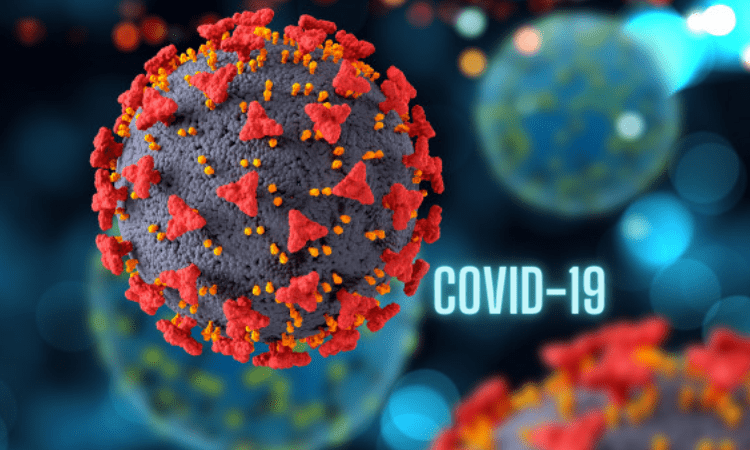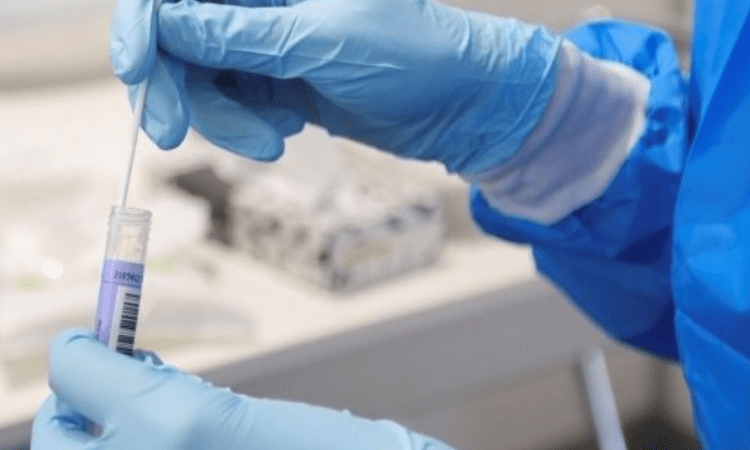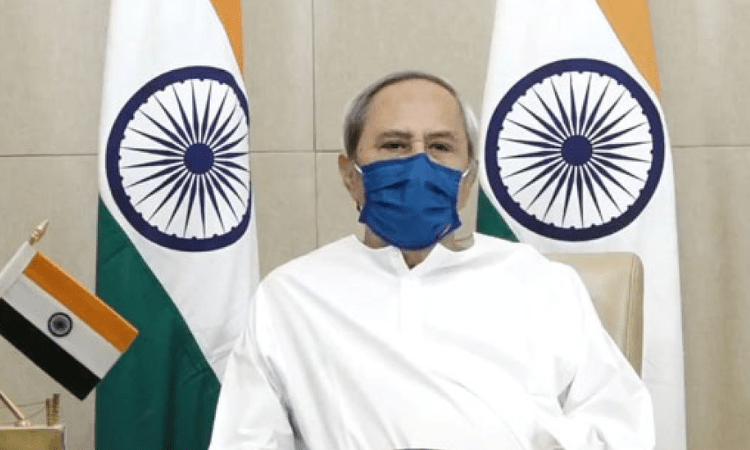The super-mutant Omicron variant that has rapidly spread to 106 countries in less than a month from its discovery, may have peaked, suggests data from South Africa and the UK.
South Africa’s Gauteng Province – the epicentre of Omicron infection – has shown a decrease, according to the country’s latest weekly epidemiological update.
Gauteng reported a 3.9 per cent decrease in the number of Omicron infections, compared to the previous week (377 cases per 100,000 persons). However, all other provinces reported an increase.
“In the past week, all provinces reported an increase in weekly incidence risk, except the Gauteng Province which reported a decrease (15.1 cases per 100,000 persons, 3.9 per cent decrease), compared to the previous week,” the National Institute for Communicable Diseases, wrote in the update.
The increase in cases ranged from 81.7 per cent in Limpopo Province to 254.6 per cent increase) in the Free State Province.
Between November 12 and 20, 77 Covid virus samples were analysed from Gauteng. Genome sequencing and other genetic analysis showed that the Omicron variant was responsible for all the samples. Post this, the number of cases rose significantly in Gauteng, achieving dominance in South Africa as well as other countries. Tests reveal an estimated 90 per cent of Covid-19 cases in Gauteng since mid-November have been Omicron.
Meanwhile, in the UK, Covid cases have plateaued for six days now, having hit a peak of more than 93,000 on Friday, the Daily Mail reported.
In London, which was a hotbed for Omicron, a total of 20,491 cases were recorded on Tuesday, down slightly from Monday’s tally of 22,750.
Omicron cases “look like they’ve peaked”, Professor Paul Hunter, an infectious diseases expert at the University of East Anglia, was quoted as saying.
“It’s not all doom and gloom, it does look like Omicron has stopped growing. The numbers over the last few days seem to have plateaued and maybe even be falling,” Hunter said.
However, he added that “it’s a bit too soon to be absolutely sure about that”.
“We have to be a little bit careful because it’s only a few days.”
According to the UK Health Security Agency (UKHSA), the UK so far has recorded 60,508 cases of Omicron. Fourteen patients have died from the strain and 129 have been hospitalised.
Further, Hunter said that Omicron overtook the other variants around December 14 to gain dominance in the country.
“So if it was still doubling every two days that would have shown and we should have been at 200,000 cases yesterday and certainly more than 200,000 cases today,” Hunter said.
“But the fact it has been around 91,000 raises the point that it might actually have peaked. But it will probably take until at least Wednesday to get an idea of a day that is not affected by the weekend,” he added.
Prime Minister Boris Johnson has completely ruled out any further curbs being introduced before December 25.
However, he said the government is still monitoring the “finely balanced” situation with Omicron “very carefully” and is “ready to take action” afterwards if necessary, the report said.


